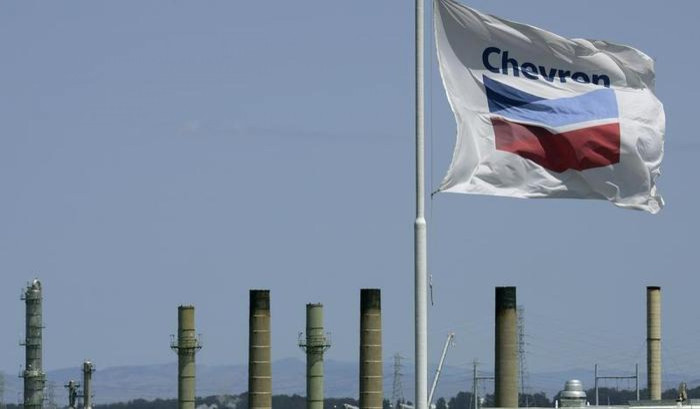Argentina To Give Chevron The Oil Fields It Took From Repsol; Cristina Kirchner’s Opposition Calls Move “Deeply Flawed Process”

Argentina cannot make up its mind about oilfields. The share that in 2012 was nationalized by President Cristina Fernandez de Kirchner’s government from Spanish oil giant Repsol (NYSE:REP) is now being handed over to Chevron (NYSE:CVX) after the U.S. multinational presented a plan to invest $1.5 billion in the fields.
The government approved on Monday a law by which companies that plan to invest more than $1 billion will get a series of benefits. From the fifth year of exploitation, they will be able to sell 20 percent of the production in foreign markets tax-free, and they will be able to use the totality of the profits from those exports.
The decision comes as a surprise to both investors and the opposition. When Fernandez seized 51 percent of Repsol’s shares in then-partner YPF (NYSE:YPF), the government argued that Repsol had not invested in the country and that production decreased. “This is the first time in 17 years that Argentina has to import oil,” said the president, putting all blame on Repsol, even though the Spanish company only worked in a third of the oilfields in the country, reported Spanish newspaper El País.
Half of those stocks became the property of the central government and the other half went to oil-producing provinces.
Argentine newspaper Clarín reported that YPF was set to sign an agreement with Chevron on Tuesday, which would give the U.S.-based oil firm the rights to the gas and oil fields in Vaca Muerta, tax-free and with the rights to keep all revenues from export.
The opposition raised concerns about the agreement, calling it “flawed” and “asymmetrical.” Ricardo Gil Lavedra, president of the Radical Party, criticized the lack of public debate on the matter. “We cannot (pass) more than a general judgment on the procedures, since it was all carried out in the utmost secrecy by the government,” he said.
Another point of contention is the current litigation between Chevron and the government of Ecuador. The Latin American country is asking for compensation of $14 billion from the corporation over allegations of polluting the environment and harming indigenous populations. The case landed after a lenghty legal battle in an international arbitration court, where an Argentinian judge ruled in Chevron’s favor.
Alí Moshiri, VP of Chevron Latin America, said the lawsuit would not hinder the company's plans to invest in Argentina. The Argentinean Supreme Court then ruled that Chevron Argentina is a different entity from Chevron Corp., and therefore not liable for damages incurred by the parent company.
Last year, Repsol announced that it would sue any company that did business with the “illegitimate representatives of YPF,” as the Spanish corporation considers present YPF management. The threat did not prevent Chevron, which Repsol has sued in Madrid and New York, from dealing with the Argentinian company.
© Copyright IBTimes 2024. All rights reserved.





















